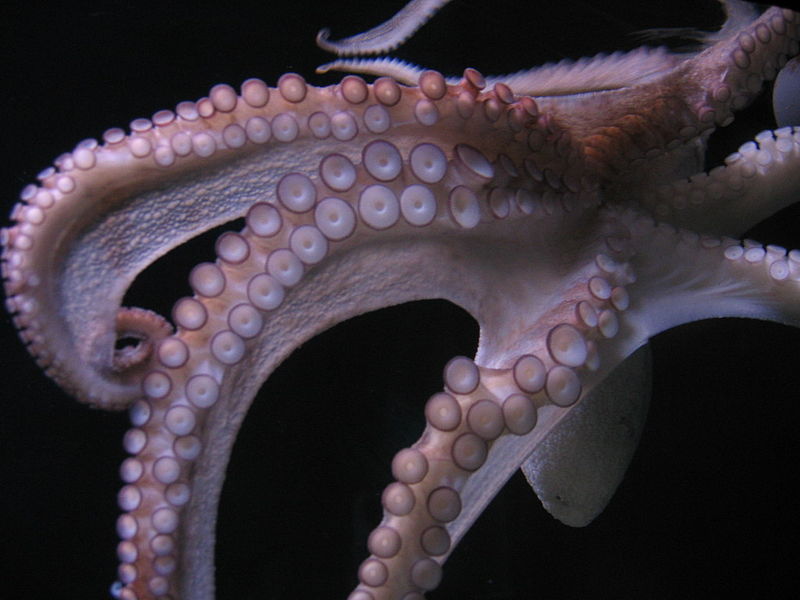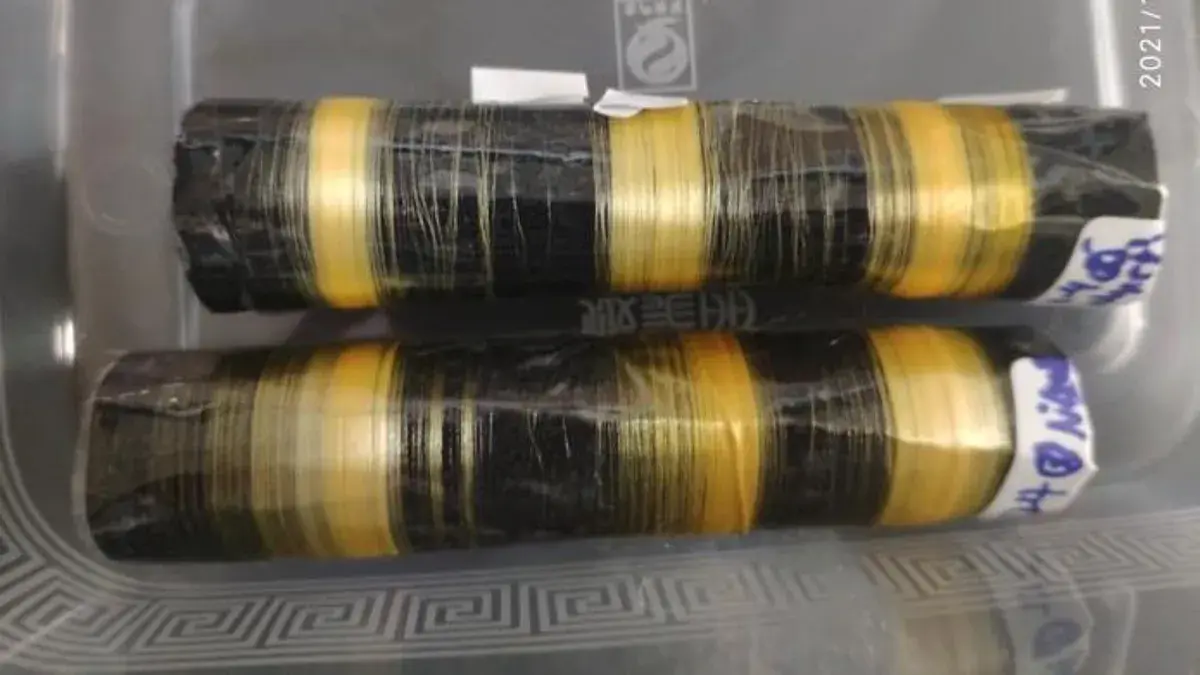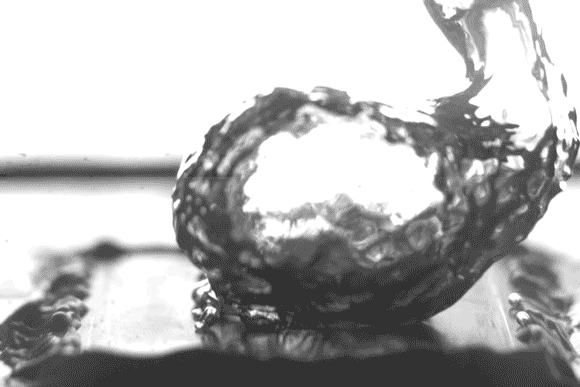A group of scientists is urging to halt efforts to industrialize octopus farming.
No doubts Fish farms are big success. Most of the seafood we eat today is farmed. Despite of growing global demand, octopuses have largely escaped this kind of confined aqua-culturing. This is due to challenges in hatching and raising them in artificial conditions. Now, technological advancements are making it possible.
Marine researchers are against this move:
- The researchers say as octopuses are carnivorous, so farming them requires the catching of vast amounts of fish and shellfish. This is putting further pressure on the planet’s already threatened marine livestock.
- Octopus larvae eat only live food – which has made feeding them difficult and expensive.
- For keeping octopus, salinity and temperature of water is carefully controlled…making it tricky to keep them.
- Environmental impacts include nitrogen and phosphorus pollution from animal waste, interbreeding and the spread of disease’
- Octopuses are highly intelligent and curious creatures. Farming them intensively would probably cause large numbers of deaths from stress. Marine researchers explained, “One study found that octopuses retained knowledge of how to open a screw-top jar for at least five months,” “They are also capable of mastering complex aquascapes, conducting extensive foraging trips, and using visual landmarks to navigate.”
At present, there is lot of challenges to keep animals alive through the early stages in their lives. However, research and testing may make it possible to farm octopus at an industrial scale.
Scientists believe that octopuses are not suited to a life in captivity and mass-production, for reasons both ethical and ecological.
Peter Godfrey-Smith of Sydney University, a contributor to the paper, said, “That means campaigners and activists don’t have products or outlets to target. But when universities and research institutions consider supporting these projects – and that is beginning to happen now – it will make sense to object. Why should research money be used to support a project that will inevitably have so many welfare and environmental problems once it is scaled up?”







